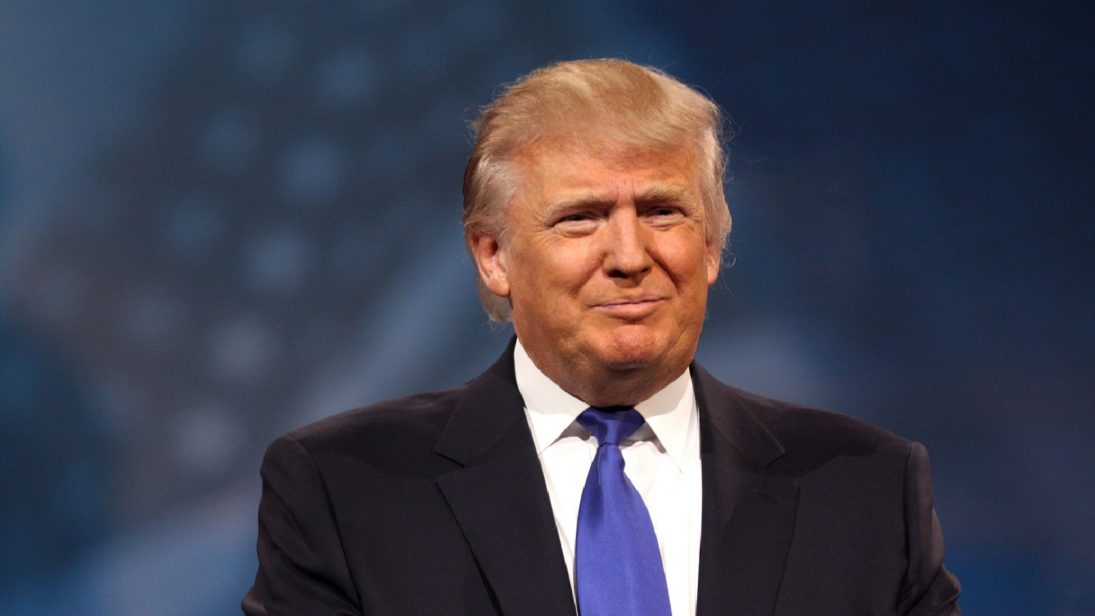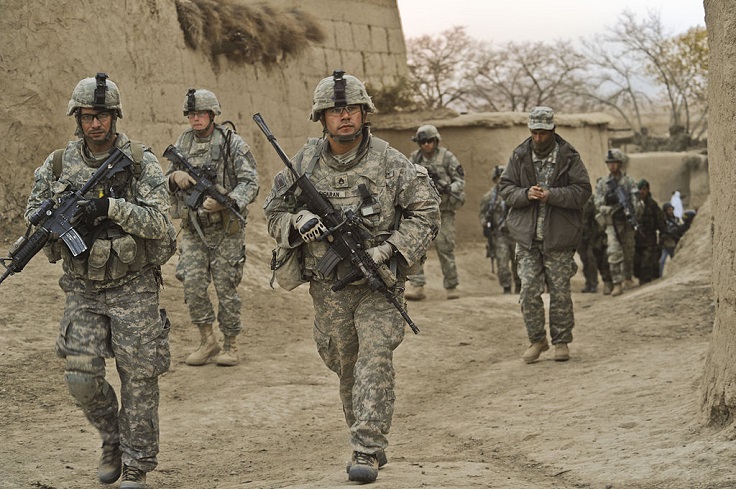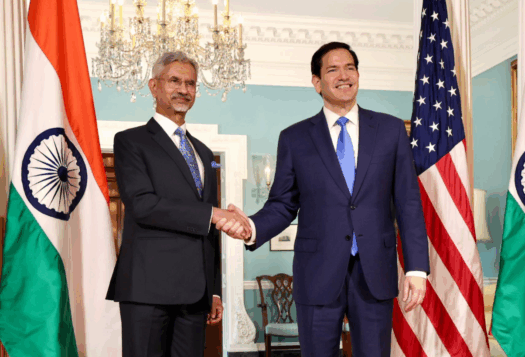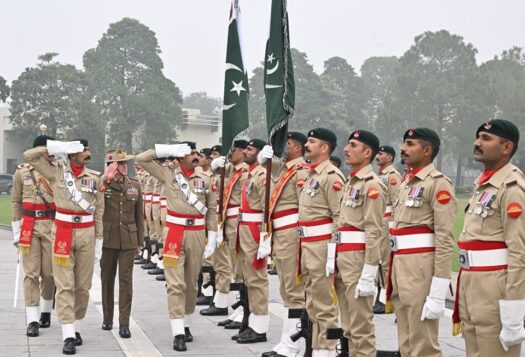
During the election campaign and the first few days of his administration, President Donald Trump’s foreign policy positions were almost unknown on nearly every issue, including the future of the American presence in Afghanistan. Recently, this uncertainty regarding President Trump’s foreign policy priorities has started to settle, with the new administration beginning to clarify its strategic positions and interests globally. What is clear so far is that President Trump’s early rhetoric concerning American retrenchment has begun to fade. In fact, the country has begun to reinforce its military support throughout the world, including in Afghanistan.
However, this renewed military support will not be enough for the United States to secure a resolution to its extended engagement in Afghanistan without a major shift in strategic thinking. The current strategy has turned both Afghanistan and Pakistan into “strategic but costly” allies that have consumed billions of dollars in military and economic aid without achieving substantive peace in Afghanistan. Most importantly, a strategic reassessment should consider two major points: 1) de-hyphenating Pakistan and Afghanistan and 2) creating more space for other regional actors (particularly China and Russia) to work toward peace in Afghanistan.
U.S. Hyphenation of Pakistan and Afghanistan
Since the 9/11 attacks, the United States has preferred dealing with Afghanistan and Pakistan jointly, by treating them as two countries but one challenge. Richard Holbrooke, the U.S. special envoy for Pakistan and Afghanistan from 2009-2010, labeled this strategy as “Af-Pak,” implying substantive progress in Afghanistan cannot be made without major changes in Pakistan, such as the uprooting of extremist safe havens.
The focus on “Af-Pak” (whether or not the term is used explicitly) has created a situation in which the United States seems to view Afghanistan and Pakistan almost exclusively from the prism of its security interests in counterterrorism. For example, Washington’s military and economic aid to Pakistan have mainly come with conditions, such as a commitment to act against the Haqqani Network, an extremist group active on both sides of the Afghanistan-Pakistan border. However, this strategy has not proven effective to counter extremism in either country, especially considering the stream of recent attacks in both Afghanistan and Pakistan.
Furthermore, the “Af-Pak” mindset has alienated both Afghanistan and Pakistan more than it has served their interests. Pakistan, for its part, has always detested this approach: policymakers in Islamabad believe that Washington has never taken Pakistan’s own security concerns about the growing Indian presence in Afghanistan seriously. Perhaps the policy change in this regard comes from Washington’s willingness to take into account Pakistan’s legitimate security concerns related to cross-border terrorism along the frontier that Islamabad claims emanate from Afghanistan and are supported by hostile intelligence agencies. Furthermore, Pakistani leaders have felt linking Afghanistan and Pakistan so closely together is disingenuous since Pakistan’s military apparatus, economy, and infrastructure are much stronger than those of war-torn Afghanistan.
As for Afghanistan, the obsession with military operations against counterterrorism will not succeed without a specific emphasis on improving Afghan institutions for their own sake, which is an important element neglected by the “Af-Pak” mindset. The focus in this regard should be on capacity building programs to enhance the performance and credibility of Afghan institutions. The current provision of general aid and training programs are not sufficient to ensure the proper implementation of law enforcement and judiciary reform, which continue to be run under a patronage system that has enabled corruption and alienated crucially-needed support for the broader Afghan population.

Creating a Broader Role for Other Regional Players in Afghanistan
The new administration in Washington should allow space for other major regional states, particularly China and Russia when it comes to the Afghan peace process. This would require a major strategic reversal considering recent American opposition to a Russian-sponsored multi-nation conference involving Russia, China, India, Pakistan, Afghanistan, Iran, and several Central Asian states on security and peace prospects in Afghanistan.
While the United States may be wary of Russia and China’s growing military and economic involvement elsewhere, Washington should not snub the expanding role of Moscow and Beijing in Afghanistan, such as Russian offers to hold peace talks between the Afghan government and the Taliban or China’s plans to deepen its diplomatic clout in the country by boosting its commercial ties with Afghanistan. The United States cannot afford to play a zero sum game in a zone that has consumed billions of dollars and which, after more than a decade-long engagement, remains on the verge of collapse. While the Trump administration’s recent bombing in Afghanistan sends a strong message that the United States is not withdrawing its military and political resources from Afghanistan in the near future, Washington’s use of naked military force in Afghanistan in the absence of a clear policy vision for both Afghanistan and Pakistan is not going to achieve peace.
Considering the complexity of the Afghan conflict, the United States should not reject Chinese and Russian initiatives to achieve peace, especially considering both countries have strategic interests in Afghanistan that do not necessarily conflict (and may even align) with those of the United States. For example, Beijing and Moscow’s economic interests are directly linked with peace in Afghanistan and Pakistan. Beijing’s plans to extend the China-Pakistan Economic Corridor (CPEC) to Afghanistan while Russia, which is eyeing new trade routes and markets in the region, only stands to gain if peace returns to Afghanistan. Furthermore, both states also have security interests at stake in Afghanistan. With the emergence of the Islamic State in Afghanistan, Russia is worried about its spill over into Central Asia while China has long been concerned about the impact of instability in Afghanistan on its own militancy-ridden areas such as Xinjiang province. Moreover, if peace in Afghanistan could lead to a permanent withdrawal of an American military presence from the region, that could prove to be a positive goal for both China and Russia.
Concluding Thoughts
On the whole, rather than relying on the “Af-Pak” approach, Washington needs to de-hyphenate its relations with Pakistan and Afghanistan while allowing space for other major regional players to achieve peace in the region. If the United States continues down the path of a military strategy with an absence of strategic focus on a resolution, instability will continue to plague the region, to the benefit of the Taliban and possibly even the Islamic State.
***
Editor’s Note: Click here to read this article in Urdu
Image 1: Gage Skidmore via Flickr (cropped)
Image 2: DoD photo by Tech. Sgt. Efren Lopez, U.S. Air Force via Wikimedia


